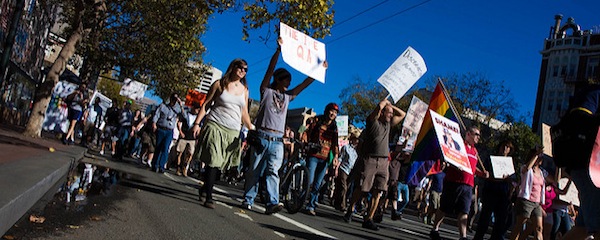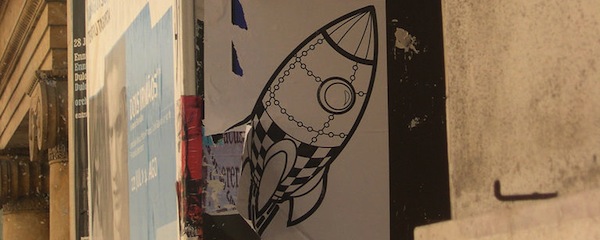Longlisted in the 2016 Competition, SUE WILSEA finds contemporary resonance and universal thruths in Winifred Holtby’s Remember, Remember! ‘As well as being a prolific writer of not just fiction but also of journalese, reviews and lectures, she was also a political campaigner, reformer and political activist, most notably for black trade union rights in South Africa. Without doubt, today she would have been on the picket line with the junior doctors and campaigning on behalf of migrants…’
In this longlisted essay from the 2016 Competition, Stephanie Williamson discovers women that history cast aside, in Megan Mayhew Bergman’s Almost Famous Women collection: ‘What stunned me while reading this book was that these women were so daring, so different and so controversial, yet they were still forgotten. Some of them were overshadowed by more famous relatives, others never given the chance to shine…’
In this longlisted essay from the 2016 Competition, TRACY FELLS wonders whether she would accept Roald Dahl’s Golden Contract in ‘The Great Automatic Grammatizator’: ‘With fiction Dahl could pinpoint, with cringing accuracy, what makes us tick. He knew our darkest fears, worst nightmares and exposed our secret desires in all their gluttonous glory…’
In this longlisted essay from the 2016 Competition, SCOTT WILSON discovers the best way to kill a man in Ryunosuke Akutagawa’s ‘In a Bamboo Grove’: ‘Murder is the ultimate crime and, as readers, we are routinely transfixed by stories that feature clever killers. These killers often exhibit a style of creative and lateral thinking that is strangely mesmerising to read or watch…’
SOPHIA KIER-BYFIELD finds subjective interpretations of ‘apocalypse’ in Lucy Corin’s One Hundred Apocalypses and Other Apocalypses: ‘It was the idea of apocalypse reworked that first drew me to the book: it allows for a diversion from the path of conventional apocalyptic or science fiction. These aren’t just stories about the collapse of our surroundings by natural disaster or alien invasion, but a thorough interrogation of what the word apocalypse can signify, as well as the creative energy that is knotted together with destruction…’
In this essay, shortlisted for the 2016 Feature Writing Competition, SUSMITA BHATTACHARYA recommends Janice Pariat’s collection Boats on Land: ‘…an amalgamation of folklore, magic-realism and a celebration of the natural beauty of north-eastern India, which has not had much exposure to the rest of the country or the world…’
In this essay, shortlisted for the 2016 Feature Writing Competition, JONATHAN PINNOCK and his ‘mentor’ discuss the short stories of Jorge Luis Borges: ‘In all my years of reading critiques of Borges’s work, I have yet to come across a single piece of straight prose. Without exception, every single writer has, for better or worse, succumbed to the siren call of pastiche…’
In this essay, shortlisted for the 2016 Feature Writing Competition, DAN POWELL gives voice to a man suffering from writer’s block: ‘‘Where Will You Go When Your Skin Cannot Contain You?’ still haunts him. He knows he must unpick what exactly this story has done to him before he can begin writing his own…’
MARY O’DONNELL, runner-up in the 2016 Feature Writing Competition, experiences a change of heart after reading Alice Munro’s ‘Family Furnishings’: ‘At times, I have struggled with what I regarded as tonally monotonous accounts of life in southwestern Ontario, where the author grew up … But, finally, ‘Family Furnishings’ has embedded itself after several readings like a ring shank masonry nail in a particularly unyielding piece of wood (me)…’
TYLER MILLER, runner-up in the 2016 Feature Writing Competition, recommends The Martian Chronicles: ‘In 1950, precisely halfway through a century dominated by scientific endeavour and discovery, Ray Bradbury – the man from Illinois – released this slender volume filled with rocket ships, Martian cities, ray guns, telepathy, and interplanetary conquest. But, as Borges noted, from the very start The Martian Chronicles departed radically from its brethren…’









